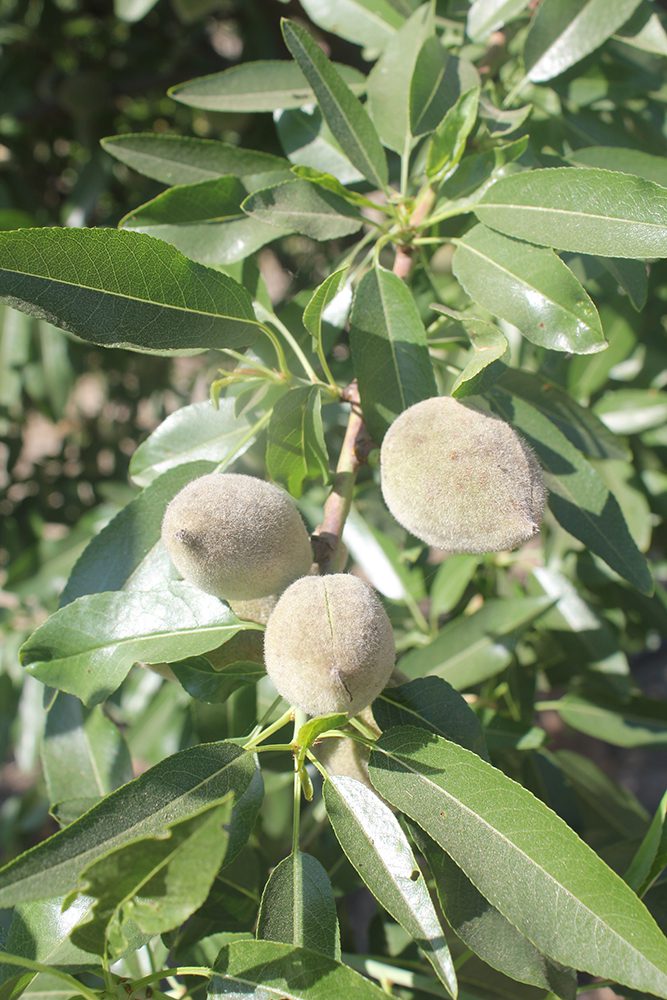
On June 22, 2023, U.S. Trade Representative Katherine Tai made a groundbreaking announcement. The U.S. and the Republic of India agreed to dissolve six standing disputes at the World Trade Organization in a move toward harmony. Consequently, India also agreed to remove the retaliatory tariffs on certain U.S. products including almonds. This decision was in response to U.S. Section 232 national security measures on steel and aluminum.
This crucial decision comes from President Biden’s warm welcome to Indian Prime Minister Narendra Modi, highlighting the significance of the U.S.-India bilateral relationship. The new agreement marks an intensified bilateral engagement that will deepen and diversify economic and trade ties between these two nations.
The U.S. produces 80% of the world’s almond supply, with 70% of the yield being exported. A cornerstone of U.S. agriculture, almonds have consistently ranked among the top five agricultural exports from the country. Our most significant markets have traditionally been India, the Middle East, Europe and China. However, retaliatory tariffs from India, Turkey, and China have heavily impacted the industry.

Initially designed to protect American workers, these tariffs inadvertently penalized another crucial sector of the American workforce: our farmers and farm workers. A perfect storm of tariffs in the largest and emerging markets, supply chain disruptions due to the COVID-19 pandemic and a record yield of almonds led to falling prices despite persistent global demand.
The tariffs also opened a gateway for Australia, our chief competitor, to step in and establish advantageous trade agreements with our key markets. Australia now enjoys duty-free access to India and China and is gradually infiltrating Europe with a new agreement with the UK.
The lifting of India’s tariffs promises a beacon of hope. Almonds, previously subjected to punitive tariffs and supply chain disruptions, can again flow unimpeded into one of their largest markets. The agreement will restore and expand market opportunities for U.S. agricultural producers and manufacturers and fortify the integrity of the U.S. Section 232 measures.

With the support of Senator Alex Padilla (D-CA), Speaker Kevin McCarthy (R-CA), Congressman Jim Costa (D-CA) and other leaders, the Almond Alliance effectively persuaded the Biden Administration of the necessity to reduce the tariffs on American Almonds. This shift in trade policy promises to inject life into the almond industry, enabling farmers to continue their essential work and averting a socio-economic catastrophe.
This is just the beginning of a broader, concerted effort to reduce trade barriers and encourage the export of American almonds. The Almond Alliance, in collaboration with the Almond Board of California, is actively pursuing opportunities to reduce tariff and non-tariff barriers, scrutinizing existing trade agreements and future opportunities to eliminate hurdles.
The practical impact of India’s tariff reduction is yet to be fully assessed. However, the Almond Alliance is already attempting to replicate this success in other key markets. We are urging similar tariff reductions in Turkey, suspended duties in various European markets, and exploring expanded outlets for American almonds through USAID, UN World Food Aid, DOD meal programs and more.
The decision by India to remove its retaliatory tariffs marks a new dawn for the almond industry. It is not just a win for the almond industry but a testament to the power of collaborative international diplomacy in fostering economic growth and prosperity. Today, we celebrate; tomorrow, we get back to work. The future of American almond farming looks a bit brighter.










